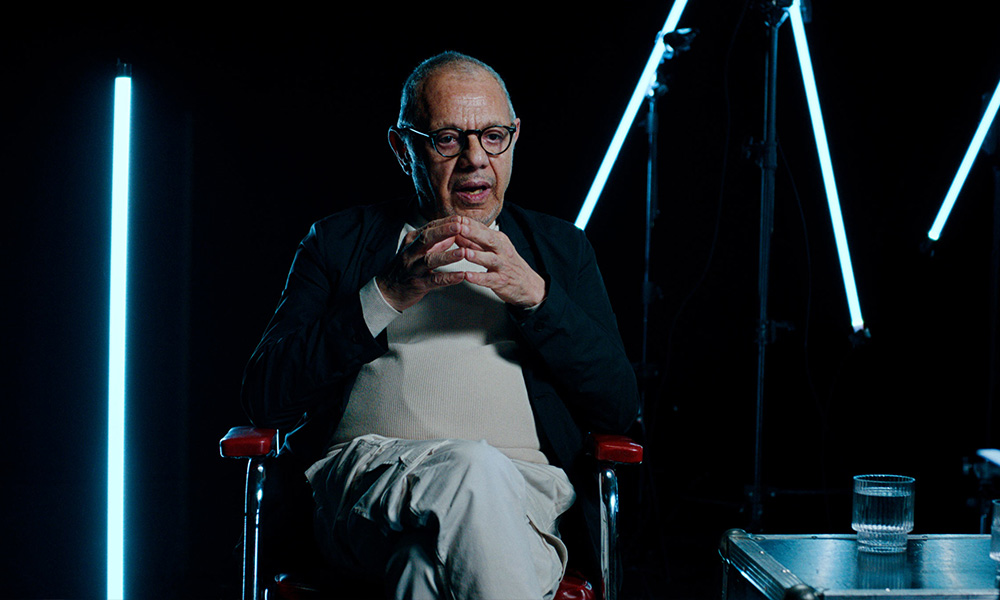
Lluís Pasqual
Lluís Pasqual (Reus, 1951) is one of the most influential stage directors and a key figure in contemporary Catalan and European theatre. His career, marked by a profound humanist vocation and great artistic demands, has developed between Catalonia, Spain and various international stages. Trained at the Institut del Teatre de Barcelona and linked from the beginning to the theatrical renewal movement of the seventies, Pasqual has always been a central figure in the institutionalisation of public theatre in the State.
He was one of the founders of the Teatre Lliure de Barcelona in 1976, a platform that transformed the Catalan theatre scene with a clear commitment to artistic excellence, the modernisation of stage languages and the connection with Europe. His direction of the Lliure in different stages (1976-1983, and later from 2011 to 2018) has been decisive in turning it into a first-rate cultural reference.
The international projection of Lluís Pasqual and his relationship with Lorca
Pasqual has developed a good part of his career outside Catalonia, working in institutions such as the Centro Dramático Nacional (CDN) or the Teatro Arriaga in Bilbao, and directing productions in cities such as Paris, Milan, Florence, Venice, Moscow or Berlin. In 1990 he was appointed director of the Schaubühne in Berlin, becoming one of the few Catalan directors at the head of a European public theatre of this magnitude.
One of his theatrical obsessions has been the work of Federico García Lorca. Pasqual is considered one of his greatest stage performers, with emblematic productions such as Bodas de sangre, La casa de Bernarda Alba or El público, which he has directed on several occasions with great recognition. His sensitivity, deeply aesthetic and poetic, has known how to connect Lorca’s tragedy with contemporary conflicts.
Lluís Pasqual and the commitment to public theatre
Beyond stage direction, Pasqual has played an active role in cultural policy. He has defended a demanding, ambitiously European model of public theatre rooted in Catalan culture. He has received numerous awards, such as the Creu de Sant Jordi, the National Theatre Award and the National Stage Direction Award. Despite the criticism that has surrounded some of his institutional stages, his artistic legacy is unquestionable: a coherent, rigorous work that is faithful to a high and humanistic idea of theatre.

